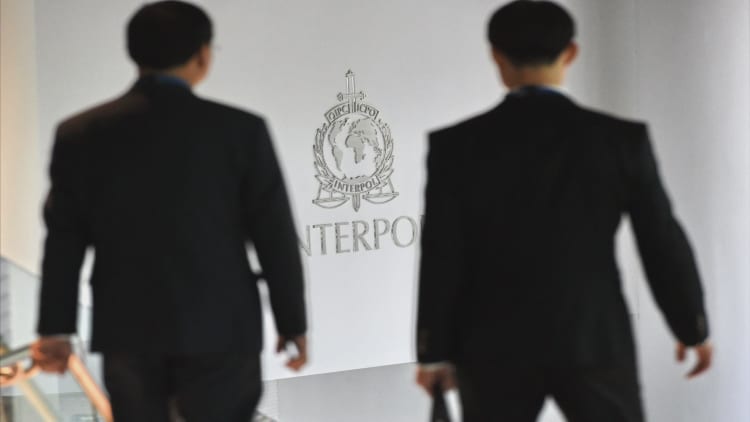
In the wake of a ransomware cyber-attack that hit at least 200,000 computers in more than 150 countries, Microsoft President Brad Smith criticized the way governments are slow to share countermeasures.
But with cybersecurity breaches transnational in nature, a major investigative force of police agencies from around the world had previously called for more help from private companies. Interpol, the cooperative international police organization with 190 member countries tracking trans-national crimes, in fact wants private to join hands in the effort to combat malicious hacks.
To that end, CNBC had a rare look inside Interpol's Global Complex for Innovation earlier this year, providing a look into the coordinated global effort. The center, located in Singapore was opened in 2015 to provide access for international police and member countries fight the increase in online security breaches.
"Without support from the private companies, law enforcement are not able to bring criminals into justice," said Noboru Nakatani, executive director of the Singapore-based effort said. "We need to collaborate with them by receiving information from them. Then we can start to trace back criminals."
But, increasingly evidence related to cyber breaches needs to come not from governments, but private companies. For instance, there's been a drastic increase in ransomware, such as WannaCry: when a hacker takes over a companies data and demands an immediate payment to halt the attack.
Because these breaches are not officially tracked by any consistent measure, some companies may choose to just pay the fee and never report the incident to authorities for fear the hack could ultimately be leaked to customers or shareholders and put their business and reputation in further jeopardy.
"Sometimes evidence is located in different countries so international coordination is mandatory," said Nakatani.
"The collaboration space was designed to expedite the process of information sharing in person."


